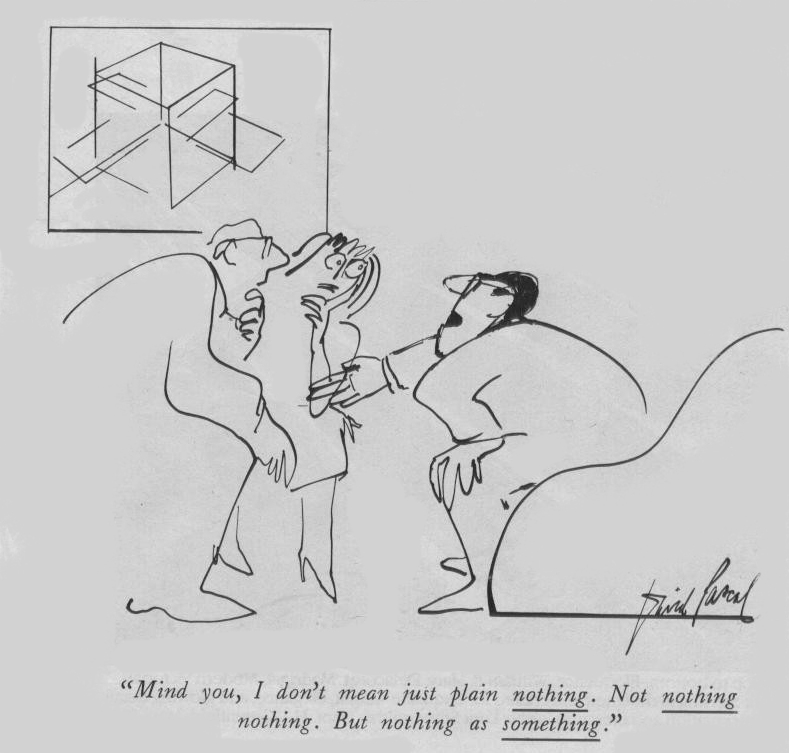Two Proofs of Logical Omniscience in Priest
Direct Proof: (I'll use 'A' for formulae and 'B' for intentional operators. 'Rden.a in s,B' denotes the accessibility relation for intentional operator B with respect to the denotation of 'a' with respect to s.)
Let P be any class of Priest models and let M be a member of P. We want to show that for every assignment function s for M, and every world w in M, if A is a theorem of Priest, then so is aBA. Let s be an assignment for M. Let b be a world in M. We now wish to show that if A is a theorem of Priest, so is aBA. So assume that A is a theorem of Priest. We now wish to show that aBA is true at b in M,s. According to Priest, aBA is true at b in M,s iff for all w* in C such that b(Rden.a in s,B)w*, A is true in w* under s. So let c be a world such that b(Rden.a in s,B)c. We now wish to show that A is true at c in M,s. But by our assumption, A is a theorem of Priest. It follows that A is true at c in M,s. So aBA is true at b in M,s. So if A is a theorem of Priest, so is aBA. That is what we wished to show, so we are done.
Contrapositive Proof (Priest's Proof):
We want to show that if A is a theorem of Priest, then so is aBA. We will prove this indirectly by supposing that aBA is not a theorem of Priest and proving, on that assumption, that A is not a theorem of Priest. So suppose aBA is not a theorem of Priest. Then there is a model M of Priest, and assignment function s, and a possible world b in M such that aBA is false in b under M,s. According to Priest, aBA is false at b in M,s iff for some w* in C such that b(Rden.a in s,B)w*, A is false in w*. So let c be a world such that b(Rden.a in s,B)c. A is false at c in M,s. According to our definitions, A is a theorem of Priest iff A is trhe wiht respect to every model of Priest and every assignment of free variables. But this does not hold for A since A is false in c under M,s. So A is not a theorem of Priest. So we are done.
Let P be any class of Priest models and let M be a member of P. We want to show that for every assignment function s for M, and every world w in M, if A is a theorem of Priest, then so is aBA. Let s be an assignment for M. Let b be a world in M. We now wish to show that if A is a theorem of Priest, so is aBA. So assume that A is a theorem of Priest. We now wish to show that aBA is true at b in M,s. According to Priest, aBA is true at b in M,s iff for all w* in C such that b(Rden.a in s,B)w*, A is true in w* under s. So let c be a world such that b(Rden.a in s,B)c. We now wish to show that A is true at c in M,s. But by our assumption, A is a theorem of Priest. It follows that A is true at c in M,s. So aBA is true at b in M,s. So if A is a theorem of Priest, so is aBA. That is what we wished to show, so we are done.
Contrapositive Proof (Priest's Proof):
We want to show that if A is a theorem of Priest, then so is aBA. We will prove this indirectly by supposing that aBA is not a theorem of Priest and proving, on that assumption, that A is not a theorem of Priest. So suppose aBA is not a theorem of Priest. Then there is a model M of Priest, and assignment function s, and a possible world b in M such that aBA is false in b under M,s. According to Priest, aBA is false at b in M,s iff for some w* in C such that b(Rden.a in s,B)w*, A is false in w*. So let c be a world such that b(Rden.a in s,B)c. A is false at c in M,s. According to our definitions, A is a theorem of Priest iff A is trhe wiht respect to every model of Priest and every assignment of free variables. But this does not hold for A since A is false in c under M,s. So A is not a theorem of Priest. So we are done.


0 Comments:
Post a Comment
<< Home